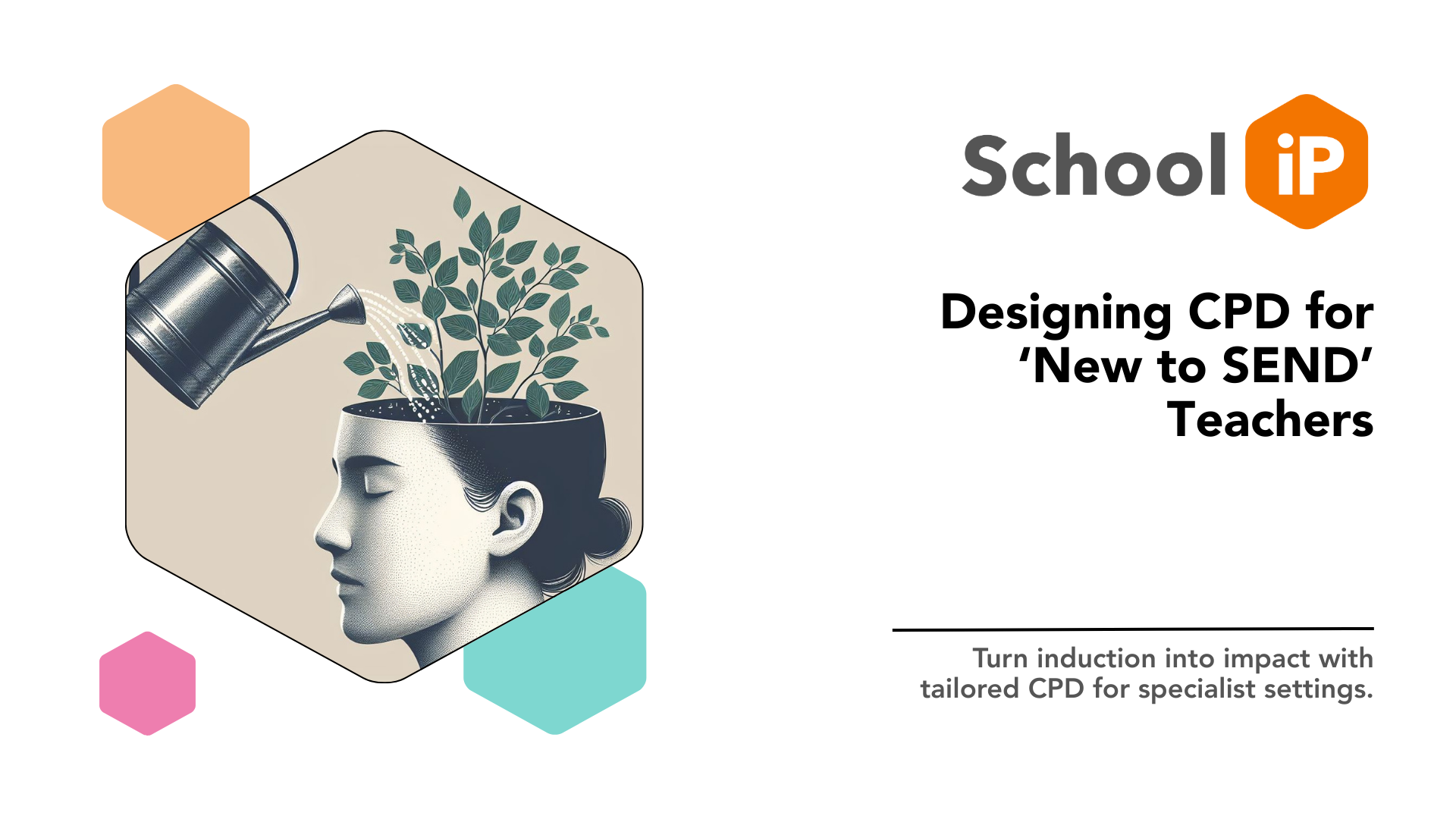Designing CPD for ‘New to SEND’ Teachers


Transitioning from mainstream to a specialist setting is a significant shift, one that requires more than just good pedagogy. Teachers moving into SEND environments often face a steep learning curve when it comes to communication strategies, regulation, classroom readiness, and adapting to more complex student needs. Traditional CPD often doesn’t prepare them for this.
To support confidence, retention and impact in specialist settings, CPD must be designed specifically for the SEND context.
Generic ECT or CPD programmes, especially those built for mainstream, rarely offer the depth or nuance needed in a SEND environment. That’s why schools need bespoke, in-house training that’s grounded in their own pedagogical approach.
The most effective ‘New to SEND’ CPD doesn’t overload teachers with theory. Instead, it focuses on what’s needed now: understanding student needs, managing regulation, and developing meaningful communication strategies. Context-specific learning content gives teachers clarity and confidence in the classroom, where it matters most.
Effective induction starts with people. Partnering new-to-SEND teachers with trained mentors ensures the right support is always close at hand. But it’s not enough to assign a mentor; they need to be equipped too.
High-impact mentoring requires time, structure, and training. Mentors should be skilled in coaching, modelling, and reflective dialogue, supported by a framework that encourages personalised growth over time. With regular check-ins and clear expectations, mentoring becomes a core part of professional development, not an add-on.
When CPD is tailored and support is consistent, new-to-SEND staff are far more likely to feel confident in their role. and more likely to stay. Bespoke development not only reduces anxiety, it creates a sense of belonging and purpose. Teachers know their needs are understood and that their professional journey is valued.
Providing the time and space for learning isn’t a luxury, it’s a long-term investment in staff stability, student outcomes, and whole-school culture.
SchooliP helps schools bring structure, clarity and consistency to CPD. From tracking objectives to recording mentoring conversations, everything is documented in one place, making professional growth visible and manageable.
Staff can upload reflections, log learning activities, and access tailored development plans. School leaders can track progress, identify needs and adjust support. With everything connected, CPD becomes a live, responsive process, not a static annual exercise.
As the SEND sector continues to grow, more mainstream teachers will make the transition, and schools need to be ready. By designing tailored CPD for those new to specialist settings, we not only support better outcomes for learners, but we also build a more confident, skilled, and sustainable workforce.
Because when development is personalised, purposeful and s,upported, everyone benefits.